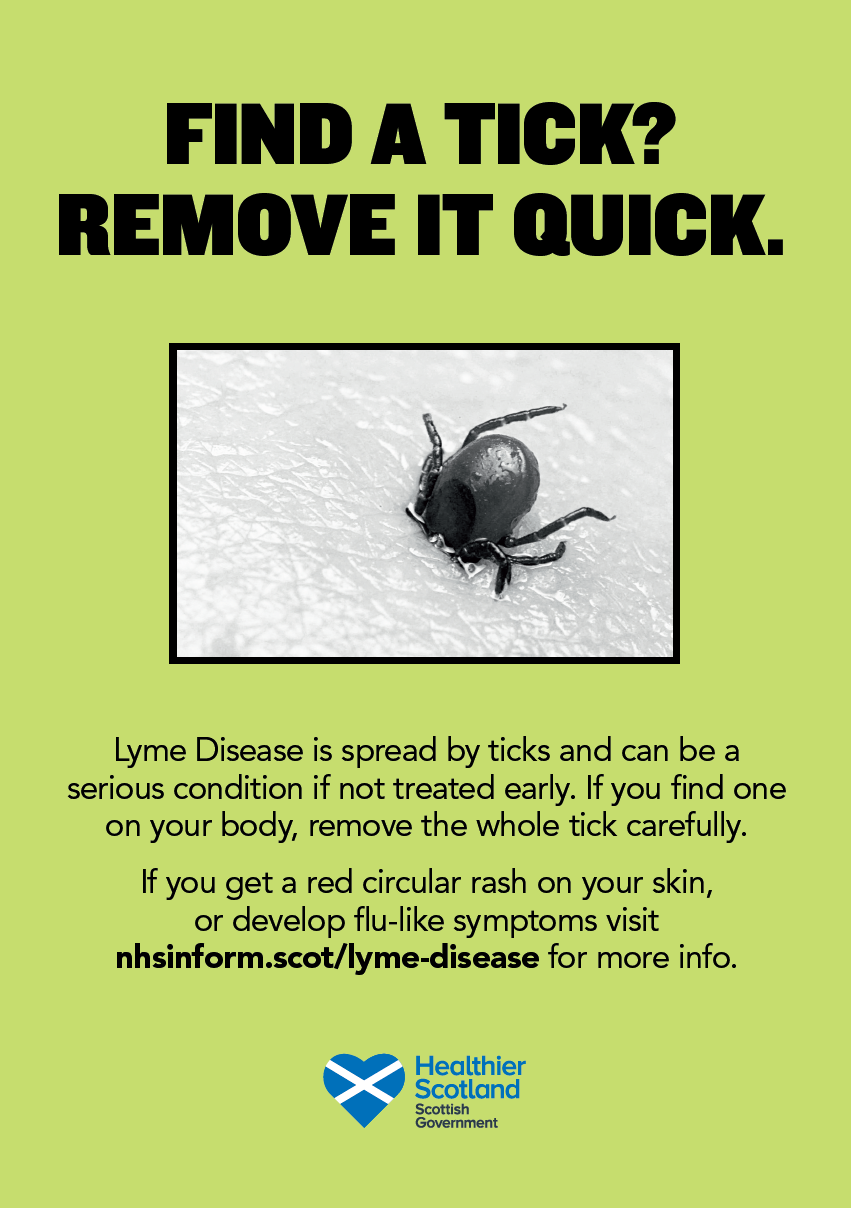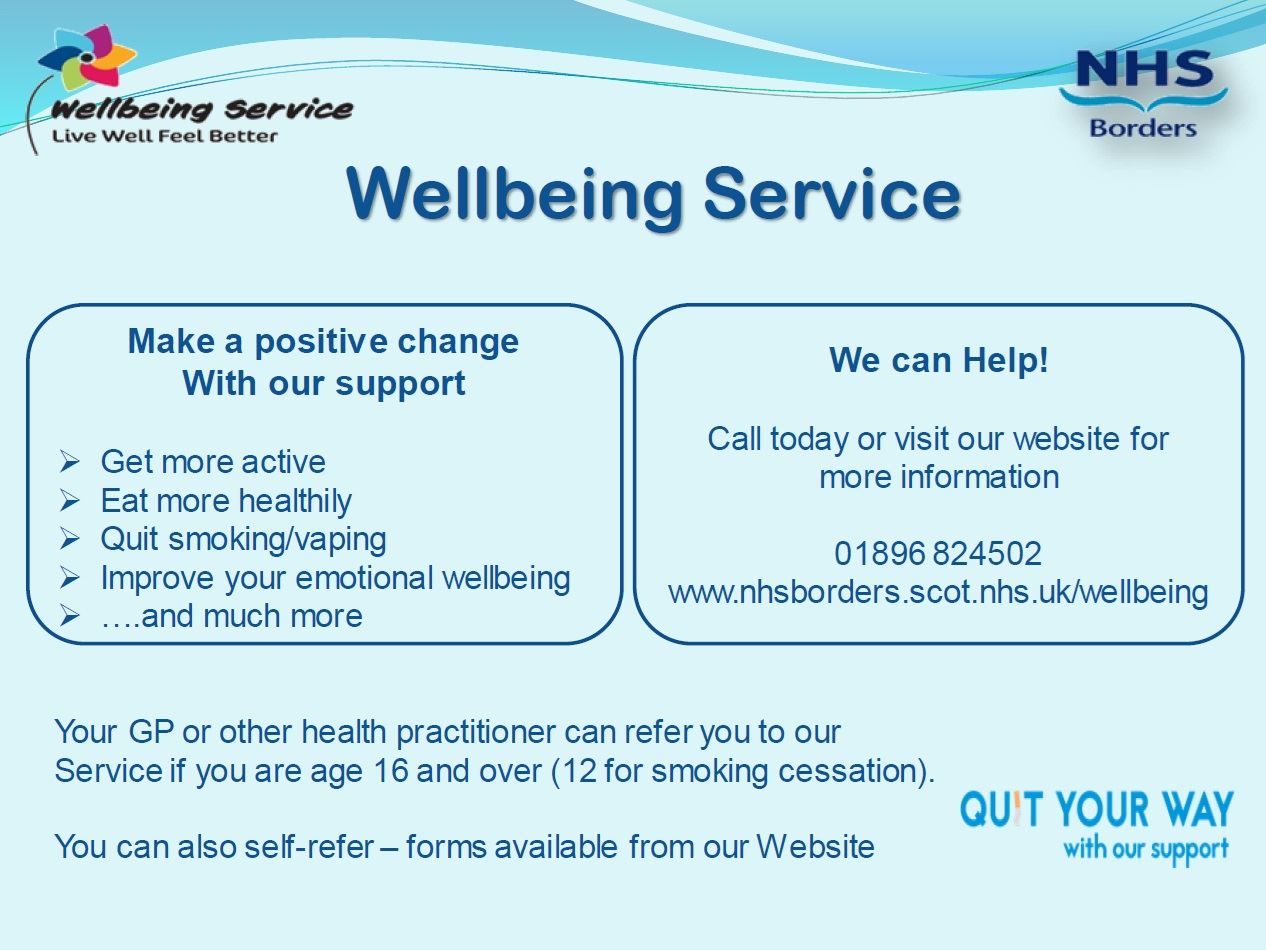In Times of Bereavement
In the unfortunate event that a person has passed away, there are three things that must be done in the first few days;
- Get a medical certificate from your GP or hospital doctor (this is necessary to register the death)
- Register the death within 5 days (8 days in Scotland). You will then receive the necessary documents for the funeral.
- Make the necessary funeral arrangements.
Register the death
If the death has been reported to the Coroner (or Procurator Fiscal in Scotland) they must give permission before registering the death.
You can register the death if you are a relative, a witness to the death, a hospital administrator or the person making the arrangements with the funeral directors.
You can use the ‘Register a Death’ page on the gov.uk website that will guide you through the process. This will also explain the registration process for Scotland and Northern Ireland.
Arrange the funeral
The funeral can usually only take place after the death is registered. Most people use a funeral director, though you can arrange a funeral yourself.
Funeral directors
Choose a funeral director who’s a member of one of the following:
- National Association of Funeral Directors
- National Federation of Funeral Directors
- Society of Allied and Independent Funeral Directors
These organisations have codes of practice - they must give you a price list when asked.
Some local councils run their own funeral services, for example for non-religious burials. The British Humanist Association can also help with non-religious funerals.
Arranging the funeral yourself
Contact the Cemeteries and Crematorium Department of your local council to arrange a funeral yourself.
Funeral costs
Funeral costs can include:
- funeral director fees
- things the funeral director pays for on your behalf (called ‘disbursements’ or ‘third-party costs’), for example, crematorium or cemetery fees, or a newspaper announcement about the death
- local authority burial or cremation fees
Funeral directors may list all these costs in their quotes.


